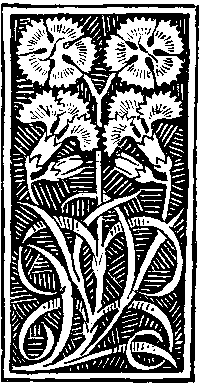Fonty/Fontane:
Neo-Victorian Simulation in Too Far Afield by Günter Grass
Keywords:
Roland Barthes, contemporary German literature, cultural semiotics, Günter Grass, historical novel, historiographic metafiction, memory culture, simulation, Too Far Afield, transcultural neo-VictorianismAbstract
The neo-Victorian angle allows access to Günter Grass’s Too Far Afield/Ein weites Feld (1995), beyond its take on German reunification, as it encompasses the novel’s individual form as well as its unique combination of genres in terms of historical fiction. This enquiry into structure evaluates a self-referential cluster of likeness as simulation. Everything hinges on ‘Fonty’ being a physical and intertextual double of Theodor Fontane. It becomes crucial to follow the performative course Grass sets up for his protagonist: encounters with monuments or other artistic images of the great nineteenth-century author. Acts of memory and their media lead up to a neo-Prussian state burial, which raises revisionist objections to contemporary displays of national continuity. References to British culture, the Victorian empire, and to literary revivals reinforce that reading. Moreover, the main non-Anglocentric context helps adjust the framework of neo-Victorianism to intercultural variations.
Downloads
Published
Issue
Section
License
Copyright (c) 2023 Neo-Victorian Studies

This work is licensed under a Creative Commons Attribution-NonCommercial-NoDerivatives 4.0 International License.


